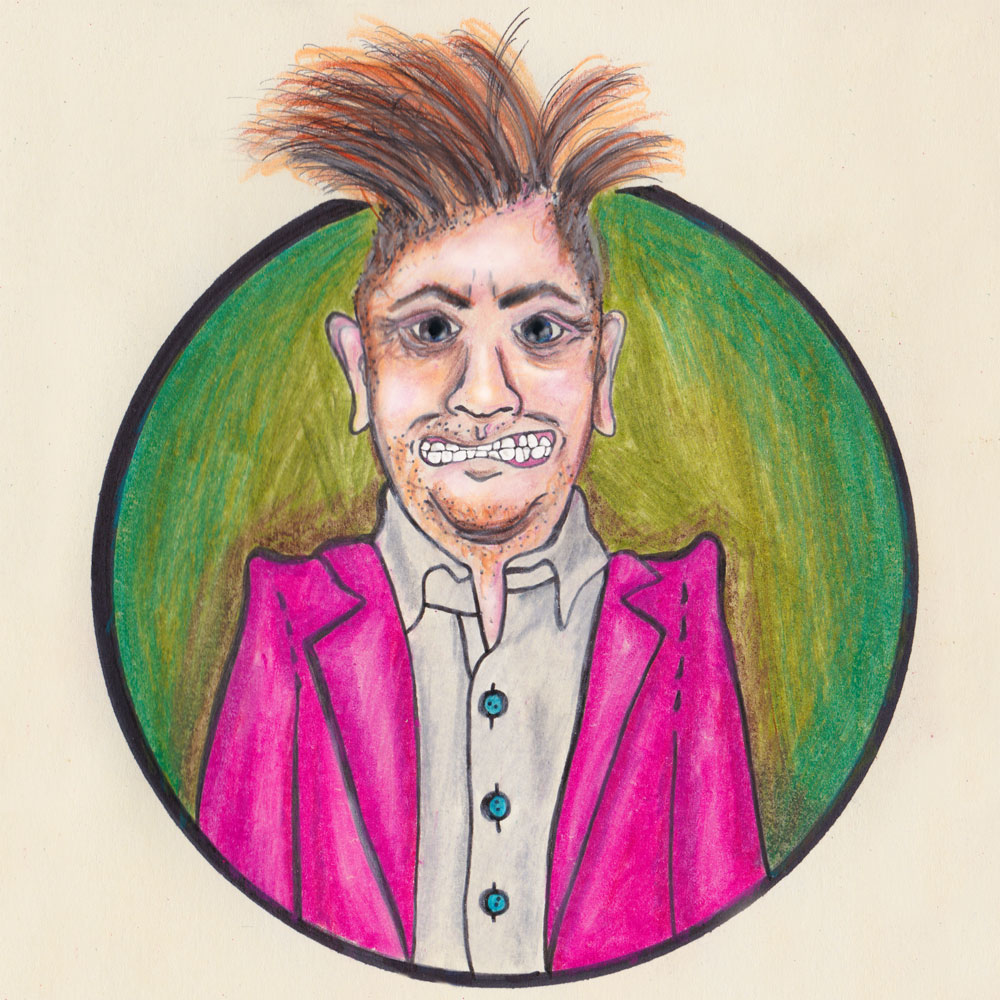Jón Gnarr was not a conventional politician. But, after a seemingly sporadic decision to enter politics with a comical and unconventional campaign, the stand-up comedian and actor was elected mayor of Reykjavik, Iceland’s largest city and capital, in 2010.
After a single term, Gnarr left office in early 2014, subsequently releasing his book Gnarr: How I Became the Mayor of a Large City in Iceland and Changed the World.
Gnarr, a self-described armchair anarchist and political pacifist, was a passionate figure in Reykjavik’s arts scene. After the 2008 financial collapse hit Iceland, Gnarr began asking people what effects bailouts—which were said to be coming—would have on his community.
The answer he got from friends was that the country would probably see austerity conditions imposed, cutting funding to the arts and privatizing national resources and services.
Fearing cuts and unhappy with the failure of the elites to predict or prevent the financial crisis in Iceland, Gnarr decided to create his own political party: the Best Party.
Relying on his own friends—mostly other members of the arts community—for support, Gnarr’s team navigated the legal process to register a party and began making outlandish promises to draw attention to their campaign.
After the Left-Green party promised to provide teens with free access to pools, the Best Party promised to provide free access to the city’s pools for all citizens and a free towel. Gnarr facetiously proposed to bring a Disneyland to Iceland, saying that it would provide jobs and that people would enjoy being able to take pictures with Mickey Mouse. He promised to stop corruption by “participating in it openly” and vowed to make Parliament drug-free by 2020.
He even had his party design a website that was meant to be the ugliest party website on the Internet.
They capped it all off by promising that the Best Party would not keep any of their promises – effectively nullifying their previous campaign promises.
This glib attitude continued until the final weeks of the campaign when the party, by then leading in the polls, began to tone down their use of humour and begin engaging in what Gnarr acknowledged to be the “pure theatre” of more conventional politics. Although he did maintain enough humour to, just before the election, make a speech announcing the Best Party’s withdrawal from the race before yelling out “Joke!” to roars of laughter.
The story of Gnarr and the Best Party parallels some other comedic candidates to grace ballots over the years.
It draws to mind Canada’s own Rhino party—their greatest years behind them—who campaigned on promises that included repealing the law of gravity, paying off Canada’s public debt with an American Express card, and paving over Manitoba to make a parking lot; Jello Biafra running for mayor of San Francisco; Stephen Colbert’s televised 2012 presidential candidacy; or even the University of Manitoba’s own Aaron Griffiths, who ran his “No More Tears” campaign in the UMSU General Election in 2012.
The one major difference is that Jón Gnarr won. The Best Party finished first with 34.7 per cent of the vote.
Reykjavik’s electoral process requires that if no party holds a majority of the votes they be required to form a coalition government with other parties in order to govern.
Gnarr insisted that he would not form a coalition with anyone who had not watched The Wire. In the process of the Best Party’s negotiating a coalition to govern with the social democratic party, Samfylkingin, Gnarr remarked of the social democrat leader Dagur Eggertsson, “He must watch The Wire [ . . . ] What am I to talk to him about otherwise – socialism?”
Gnarr suggested that in the process of negotiating a coalition—aside from continuing to insist Eggertsson get caught up on The Wire—the Best Party’s priorities were focused on making the city “more human, more welcoming, and more modern” while the social democrats prioritized labour and education policy, which the Best Party endorsed in principle as well.
Analysis
Gnarr is sometimes over the top, making utopian predictions of the future in which nobody ever dies and where people are able to stop in at the local bank to have money printed as a free service. Other times, he’s more direct and analytical, railing against privatization and the neoliberal agenda or loss of Icelandic sovereignty through EU encroachment.
He does not provide a complete, cogent, or comprehensive vision for an alternative; his ideas are fragmented and contradictory at times. But Gnarr is not a book you will want for its sociological or political theory. Gnarr’s memoirs tell a story. They are a vivid example of how a group of artists, with no political background, were worried about cuts to something they cared about and were able to organize and protect their interests (University of Manitoba Student Action Network take note).
Gnarr’s team reached people not by parroting the neutered, vanilla language of a detached political class, but by actively speaking to people on their own terms: using humour to mock the process and its conventional players, and discussing the issues that relate most directly to people.
They used their comedic and artistic talents to wrestle power away from the political class and catapult themselves into city council, with Gnarr, as mayor, at the helm.
The book does not do much to elucidate the philosophy behind Gnarr’s rejection of the social democratic party. He acknowledges shared interest, or at least a willing acceptance, of their platform points before forming a coalition with them.
Gnarr hints at several reasons in the book. He suggests the political class was overly calcified, with even those of a sympathetic ideology being at least moderately complicit in the lead-up to the financial crisis. He also highlights how, as a matter of culture, he wants those from the artistic community to receive respect for their contributions.
However, ignorance may be just as big a factor, as he acknowledges he knew virtually nothing about the local political players before deciding to run.
Gnarr tells the story of having run into a woman during the campaign that he did not realize was the incumbent mayor of Reykjavík, Hanna Birna Kristjánsdóttir. He later acknowledges that even up until taking the seat he “had no idea what a mayor actually did.”
Reaction
With the party’s policy guide, moral code, and a letter to U.S. president Barack Obama squeezed between short memoirs, anecdotes about Facebook and the 2008 financial crash, and political essays about democracy and world peace, Gnarr: How I Became the Mayor of a Large City in Iceland and Changed the World is a fittingly unconventional book from the unconventional former mayor.
Although the sections tend to jump quickly from one to the next, with no chapter lasting more than 12 pages, they form a narrative that is coherent enough to appreciate the build-up of events and empathize with Gnarr’s situation as he navigates the race, and later job, he has committed himself to.
Gnarr alternates between a sense of certainty and seriousness—relatively speaking—in his political essays to bouts of doubt and cunningly timed antics in his memoirs from the campaign trail. His sincerity and openness about his own ignorance of the process and occasional self-doubt makes the narrative much more engaging – it often appears unclear to the reader, and perhaps even to Gnarr, what the intended outcome of his actions are.
He jumps off the page like a social savant – unintentionally taking his island-home by storm. Several times while reading the book, I would be openly laughing at the antics of Gnarr and his Best Party compatriots.
Gnarr is a short book, at only 177 pages. It can easily be read in a day or two, depending on your reading speed. It may be unconventional to have such an eclectic assortment of content interjected between chapters, but it works for Gnarr. I cannot imagine finding a more entertaining book chronicling a municipal election in Scandinavia.
Gnarr: How I Became the Mayor of a Large City in Iceland and Changed the World is available through the Winnipeg Public Library and for sale at McNally Robinson as a hardcover for $23.95.




